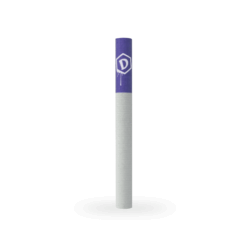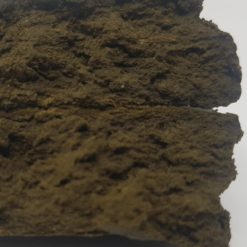Cannabis is a psychoactive drug that is increasingly becoming more prevalent and accepted in many parts of the world. However, it is important to understand how long the drug stays in your bloodstream to avoid potential legal, medical, or social consequences. The answer to the question “how long does weed stay in your system?” is complex and varies depending on several factors, including frequency of use, dosage, and metabolism.
When cannabis is consumed, its primary active ingredient, delta-9-tetrahydrocannabinol (THC), enters the bloodstream and is distributed throughout the body. THC is metabolized by the liver and converted into compounds that can be excreted in urine or feces. The rate of metabolism varies from person to person, but the half-life of THC is typically between one and ten days. This means that if you consume cannabis, it will take between one and ten days for half of the THC to be eliminated from your system.
However, it is important to note that THC can be detectable in the bloodstream for much longer than its half-life. The amount of time that THC stays in your system can be influenced by a variety of factors, including your age, weight, and overall health. Additionally, frequent users of cannabis may experience a buildup of THC in their system over time, which can prolong the drug’s detectability.
The answer to the question “how long does weed stay in your system?” is not straightforward and varies depending on a variety of factors. While the half-life of THC is typically between one and ten days, the drug can be detectable in the bloodstream for much longer. If you are a frequent user of cannabis, it is important to understand the potential legal and medical consequences of using the drug and take steps to minimize its impact on your health and well-being.















